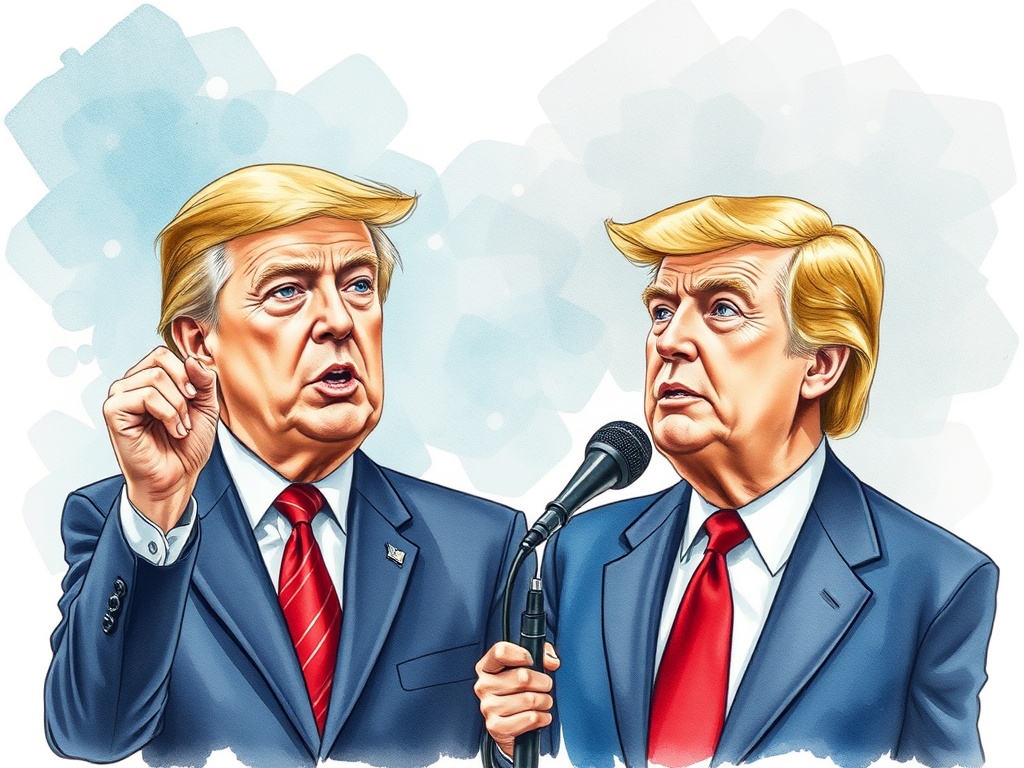How Democracies Can Combat Misinformation and Rebuild Civic Trust
How Democracies Stay Healthy: Combating Misinformation and Rebuilding Civic Trust
Misinformation and political polarization are among the most pressing challenges facing democracies today.
As digital platforms accelerate how information spreads, misleading narratives and manipulated media can quickly shape public opinion, erode trust in institutions, and distort civic decision-making. Addressing these problems requires coordinated action from government, media, platforms, civic groups, and individual citizens.
Why misinformation matters
Misinformation undermines informed voting, weakens public confidence in elections and public health, and fuels polarization. When people consume news that is emotionally charged or tailored to reinforce preexisting beliefs, it becomes harder to find common ground. Synthetic media and manipulated content make it easier to impersonate officials, doctor evidence, or fabricate events, raising the stakes for both fact-based reporting and public safeguards.
Policy and platform actions that help
– Transparency for political content: Policies that require clear labeling of paid political ads and disclosure of who funds them help voters evaluate motivations behind messaging.
Transparency tools should be easy to access and searchable.
– Platform accountability: Social platforms should invest in content integrity measures, clearer community standards, and faster takedown procedures for demonstrably false information that poses public harm. Independent audits can increase public confidence in how platforms moderate content.
– Support for local and investigative journalism: Local news outlets are a key source of verified, community-focused reporting. Targeted funding, nonprofit partnerships, and incentives for investigative journalism strengthen the information ecosystem.
– Fact-checking and rapid response: Expanding support for independent fact-checkers and integrating verified corrections prominently where false stories appear helps counter misinformation before it takes hold.
– Civic education and media literacy: Teaching critical thinking, source evaluation, and digital literacy in schools and adult programs empowers citizens to assess information and resist manipulation.
Practical steps for citizens
– Check sources: Look for original reporting or primary-source documents. Verify that claims are corroborated by multiple reputable outlets before sharing.
– Scrutinize sensational headlines: If a headline provokes a strong emotional reaction, pause and verify. Headlines may be misleading even when the underlying story has more nuance.
– Use reverse image and video searches: Reverse-image tools can reveal whether a photo is being reused out of context.
For videos, look for edits, inconsistent lighting, or mismatched audio cues.
– Follow a diverse news diet: Consume news from outlets with different editorial perspectives. Exposure to varied reporting reduces echo chambers and helps identify factual common ground.
– Rely on official sources for election and public safety information: Election authorities, public health agencies, and official press briefings are primary sources for accurate updates.

A long-term approach
Building resilient democratic information systems is a long game. Short-term interventions—content labeling, takedowns, and fact checks—are important, but they must be paired with investments in education, local reporting, and institutional transparency.
When citizens have reliable information, and when institutions are accountable and transparent, the collective capacity to make reasoned political choices strengthens.
Ultimately, defending the information environment is a shared responsibility.
Individual vigilance, combined with policy reforms and stronger institutions, can reduce the reach of falsehoods and restore civic trust—making political debate more constructive and governance more effective.